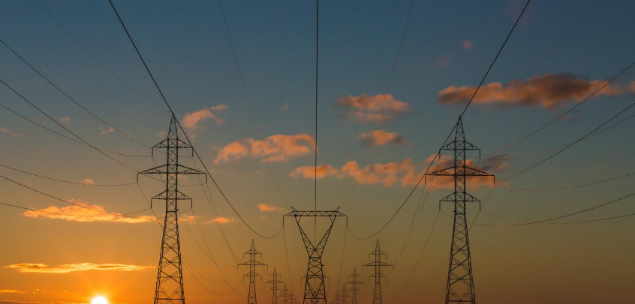The Victorian Essential Services Commission announced this week that it will introduce new mandatory requirements for energy retailers to provide “reasonable” assistance to small businesses in “financial distress” and support for residential customers.
On 24 August, the commission released temporary coronavirus pandemic requirements to assist small businesses and residential customers in Victoria on top of the state’s existing customer protections
This includes utility relief grants for residential customers, tariff checks for residential customers and payment assistance for small businesses.
Sarah McDowell, director of energy at the commission, explained how the commission identified the need for such requirements.
“Since the commencement of the pandemic, the commission has been collecting data from energy businesses to understand the impact of the pandemic on consumers. What we identified – in particular for small businesses – is that more and more small businesses are seeking assistance from their energy company.
“Generally, energy providers were providing assistance but it wasn’t guaranteed by energy rules. Due to the unique circumstances, it was critical to ensure small businesses had access to an entitlement to flexible payment options in the event that they couldn’t meet their due dates.”
Small businesses
Under the commission’s requirements, small businesses are entitled to payment assistance from retailers. Retailers must provide “reasonable” assistance to small businesses experiencing financial stress due to the coronavirus pandemic.
Ms McDowell noted that “reasonable” assistance includes a range of measures.
“A key measure is providing a flexible payment plan. [Small businesses] also cannot be disconnected by their energy company if they’re participating in a payment plan and cannot be subject to debt collection at this time.”
These requirements come at a crucial time for Victorian businesses. Small business electricity arrears have grown, with the amount being deferred also increasing.
Related: Let’s Talk: Business in crisis
“Revenue for small businesses has been decreasing,” said Ms McDowell.
“At the same time, debt levels have been increasing. There’s been a 20 per cent increase in average arrears for small business customers between April to July this year, and a 30 per cent increase for gas.”
In June, the Australian Bureau of Statistics produced a survey on the “Business impacts of COVID-19” which showed that two thirds of all surveyed businesses reported a revenue decrease compared to the same time last year. Of the businesses with a decrease in revenue, around 31 per cent estimated a decline of more than 50 per cent.
Residential customers
An increasing number of residential customers have also been missing electricity and gas bills. In July, an average of 42,510 electricity and 30,088 gas customers across the market missed a bill payment each week in July.
Under the commission’s new requirements, residential customers are entitled to the following assistance from retailers:
- Utility relief grants: Retailers must assist residential customers to complete utility relief grant application forms. If the grant is approved, customers can receive up to $650 per fuel every two years.
- Tariff checks: Retailers must conduct tariff checks for all residential customers (not just those who cannot afford ongoing energy costs).
This is on top of existing protections for residential customers provided under Victoria’s Retail Energy Code administered by the commission.
Data from Energy Networks Australia showed residential electricity consumption increased by 14 per cent from the start to end of March after lockdown started. Since then, the average consumption in July 2020 was 43 per cent higher than April 2020.
How long is this assistance in place for?
These assistance measures will be in effect for six months from 1 October 2020.
The commission has discretion to extend this timeframe if required. However it is uncertain whether the timeframe will be extended.
“It’s too early to reflect upon whether or not it will be extended. It will depend on the data and we’ll make the decision closer to the time,” said Ms McDowell.
Keep up to date with our stories on LinkedIn, Twitter, Facebook and Instagram.

